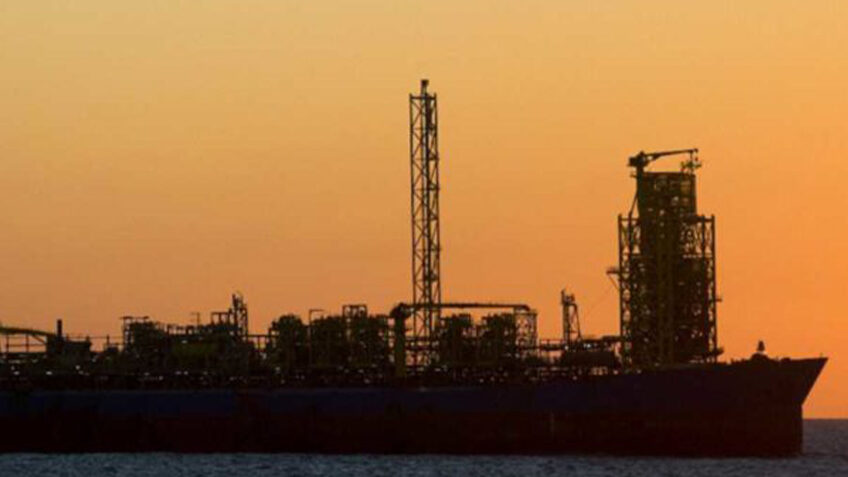Nigeria is the 13th largest producer of crude oil contributing circa 3% of the world’s production, and is also the 11th largest holder of proved oil reserves, holding at least 2% of total oil reserves. Ironically, it is the only country in this distinguished league without dependable oil refining capabilities and efficient midstream infrastructure to complement its prolific resources.
The country had hitherto relied solely on generating revenue from crude oil exports and had become energy insecure, exhibiting multiple dependencies on oil exports and product imports. The global and regional dynamics have now changed fundamentally. The peaks and troughs witnessed in oil prices; the unrelenting efforts in the production of shale oil in North America; the growth in production of US Louisiana Light Sweet Oils and its impact on the demand growth for Nigerian Bonny Light; the keen competition from neighbouring producing countries; the softening global demand for fossil fuels driven by advancements in renewable energy; the incessant uprisings in the Niger Delta, and absence of regulatory rigour have forced the Federal Government of Nigeria (‘‘FGN’’) to go back to the drawing board to review its strategy for the oil sector and its policy direction.
The reality is that the world is awash in oil and the former petroleum policy was too weak to sail Nigeria to the desired harbour. It has now become glaring that the future of Nigeria’s crude oil lies in value added refining and petrochemical industries. In full recognition of these realities and in order to facilitate a total revamp of the oil sector, the Federal Executive Council approved the National Petroleum Policy on the 19th of July, 2017 (the “Policy”).
A recurrent theme in the Policy that weaves the policy objectives together is the recognition of the need to actively move away from oil as a source of income to oil as a fuel for economic growth. In order to achieve this overarching objective, the Policy proposes far reaching reforms across the oil value chain. New legislation will be enacted to replace the dated Petroleum Act of 1969. The governance structure will be clearly delineated with the National Petroleum Policy Directorate taking on a major role as the technical backbone for policy directions. Technical and economic regulation will be manned by the Nigerian Petroleum Regulatory Commission (the “Commission”) whilst the continued optimization of FGN’s interests in petroleum assets will be within the remit of a newly incorporated Nigerian National Oil Company (“NOC”) and the Nigerian Petroleum Asset Management Corporation.
The Policy also recognizes the need to institutionalize viable commercial and fiscal frameworks for the oil sector. In line with this, the Policy outlines the pricing philosophy for tariff setting along the midstream-downstream chain. The market will witness a paradigm shift from the traditional joint venture and production sharing contract (‘‘PSC’’) arrangements to the modified PSC + and the incorporated joint venture with additional cost control and monitoring provisions that ensure a cost-price ratio not greater than 30%. Also, cost recoverability for associated gas and non-associated gas development against oil income will become fiscal relics. At the midstream level, competition regulation and open access rules will be adopted for essential midstream infrastructure. The downstream sector will also witness wholesale commercialization and liberalization.
The Policy seeks to embrace petroleum safety compliance, criminal prosecutions of company directors for gross negligence, the review of metering and fiscalisation mechanics, a reduction in environmental footprints and local content development as laudable initiatives.




